It’s a common misconception that Instagram marketing has to exclusively be done on the brand’s page. Partnering with influencers and incentivizing them to share authentic images of your brand’s products is a great way to increase conversions. You can repost their content, promote it, and even run ads on their Instagram to add to their presence. As long as all FTC guidelines are adhered to and paid posts are disclosed, this can be a highly effective tactic to convert fans of the influencers to customers of your brand.
Instagram now allows companies to create a business account that links to their Facebook page. Transferring from a personal to business account opens up additional features that help optimize your account and reach your conversion goals, including:
[Tweet “6 ways to convert retail #customers through #Instagram w/Nitzan Gursky from @InfolinksInc”]
For retail brands with highly visual products or services, using Instagram as part of your layered marketing campaign is a no-brainer. The growing social media platform is a great way to showcase your products, engage and reach audiences that are currently or might be prime consumers. But with a historical lack of conversion, how do brands shift to generate sales using the platform?
1. Optimize your account.
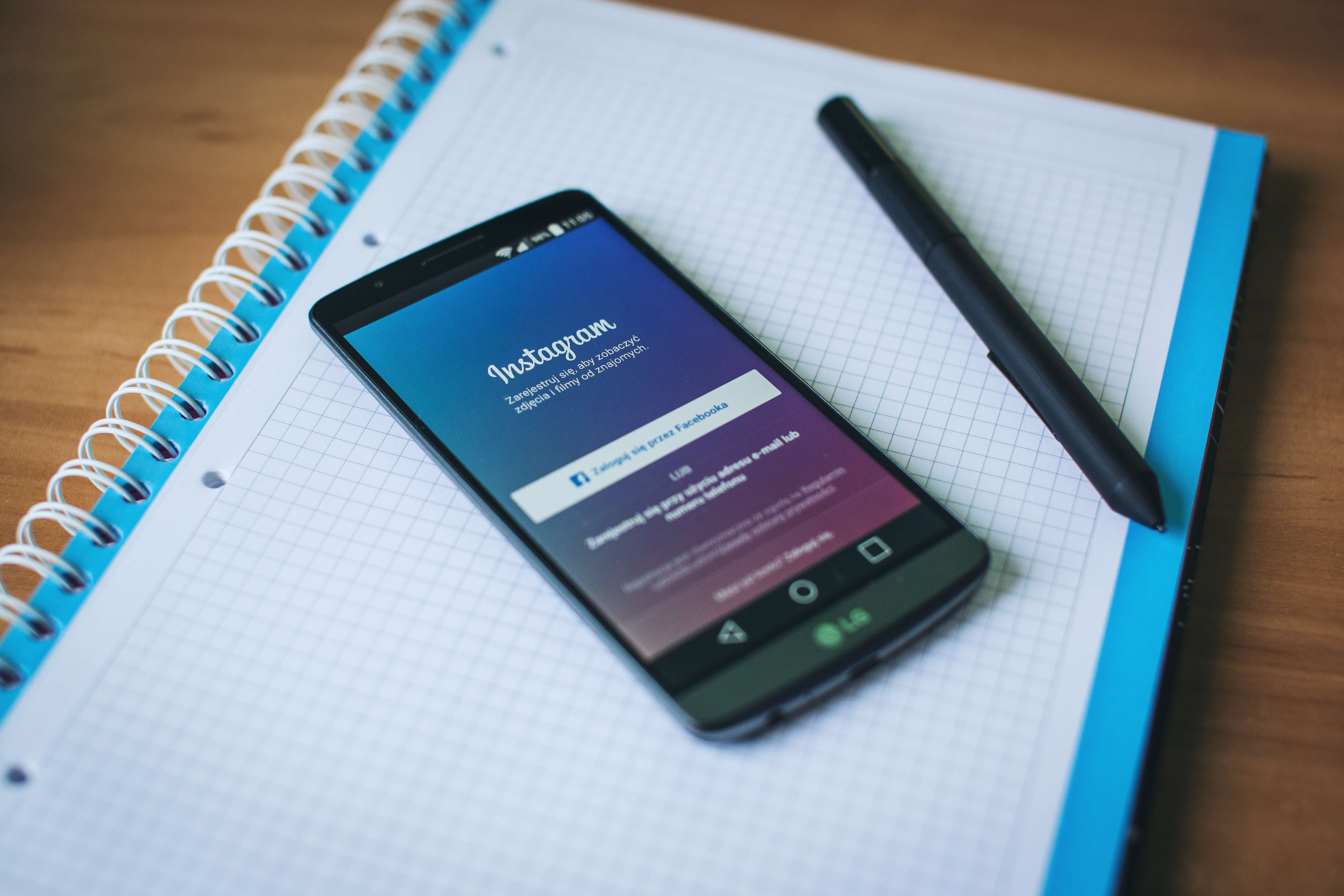
- The business account adds a prominent “Contact” button to the top of the profile which can be tapped to call, email or get directions to the business. Oftentimes the biggest hurdle to conversion is getting found. Be removing the barrier of discovery, brands can lead consumers to their doorstep.
- Business accounts now have access analytics. While high level, these insights offer immediate feedback on what’s working about your content and where there are opportunities to make refinements.
- Ad creation is now accessible directly from Instagram using the promote feature from your business account. From there, you can promote the posts you choose and add a compelling call to action that will entice potential customers to convert. For the best results, customize your audience based on the interests and attributes of your ideal consumer. And, with the same targeting, creative and measurement capabilities as Facebook, you can create ads that are more effective in conversion than ever before. Crosscheck your prior Infolinks campaigns to refine your audience event further!
Make sure to A/B test and discover an app and approach that works best for your products and combine the tactics of shopability with UGC (user generated content) to maintain maximum authenticity in your efforts to sell.
One of the best apps to use is Foursixty which allows you to create a shoppable version of your Instagram timeline and embed it on your store.
2. Strategically use the link in bio.
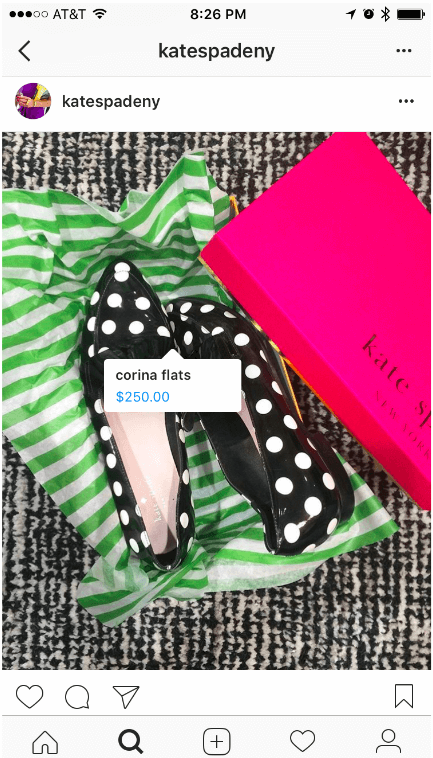
This helps to create an e-commerce sales funnel from Instagram to your checkout page.
3. Partner with influencers.
Millennials are now spending more time on social media, and over half of millennials use Instagram every single day. To capture this audience and turn their views into conversions, brands need to look beyond the simple need to post. While post frequency is important, it’s the value of the content that makes the difference. Posting the same content across multiple channels doesn’t incentivize the user to follow your brand on Facebook, Twitter, Instagram and SnapChat. Instead, capitalize on the different audiences on each network by posting exclusive content on each channel. Showcase product previews, offer behind the scenes sneak peeks, run Instagram-specific discounts, and even host Instagram-only contests. Make people want to follow you, then give them reasons to buy your products. The same logic is true for ads. Just like an InText ad is innately different from an InTag ad, a Facebook ad is different from an Instagram ad. Don’t run the same content on each because it’s easier, instead opt for smarter and more exclusive!
4. Create exclusive content.
As a highly visual platform, Instagram doesn’t offer many opportunities for users to leave the app. That places more weight on the importance of using the link in the bio. Change the link in the bio to correspond with current campaigns and increase the opportunities for conversion.
First, understand your audience and their behavior. For example, Infolinks offers a suite of products, all are different and recommended for a specific demographic or behavior. By targeting your content to an audience that will be receptive, you’ll be getting the best bang for your buck, and you can reference data from prior campaigns to determine which audiences might be more inclined to engage with your brand on Instagram!
5. Make your Instagram shoppable.
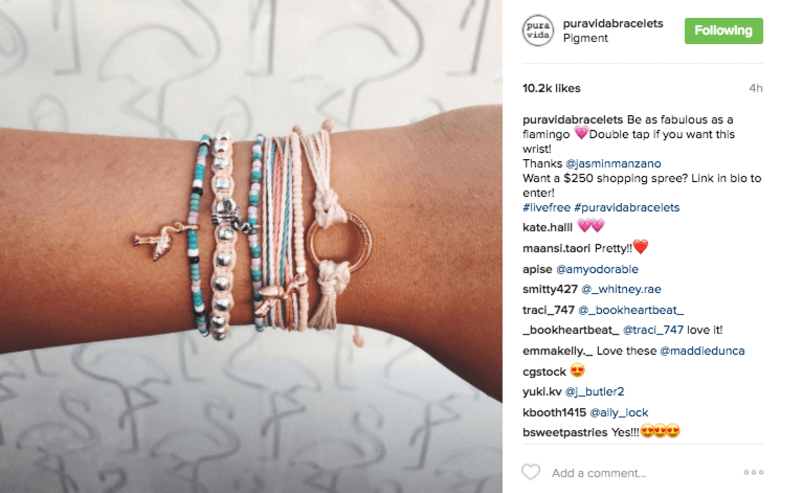
Now that Instagram has introduced direct messaging as a tool for both brands and individuals, use this tactic to connect with your consumers even further. By using direct messaging as a customer service tool, you can quickly and efficiently communicate with existing customers and answer questions posed by potential customers. When consumers feel taken care of by a brand, they’ll be more likely to convert for the first time or become a repeat customer.
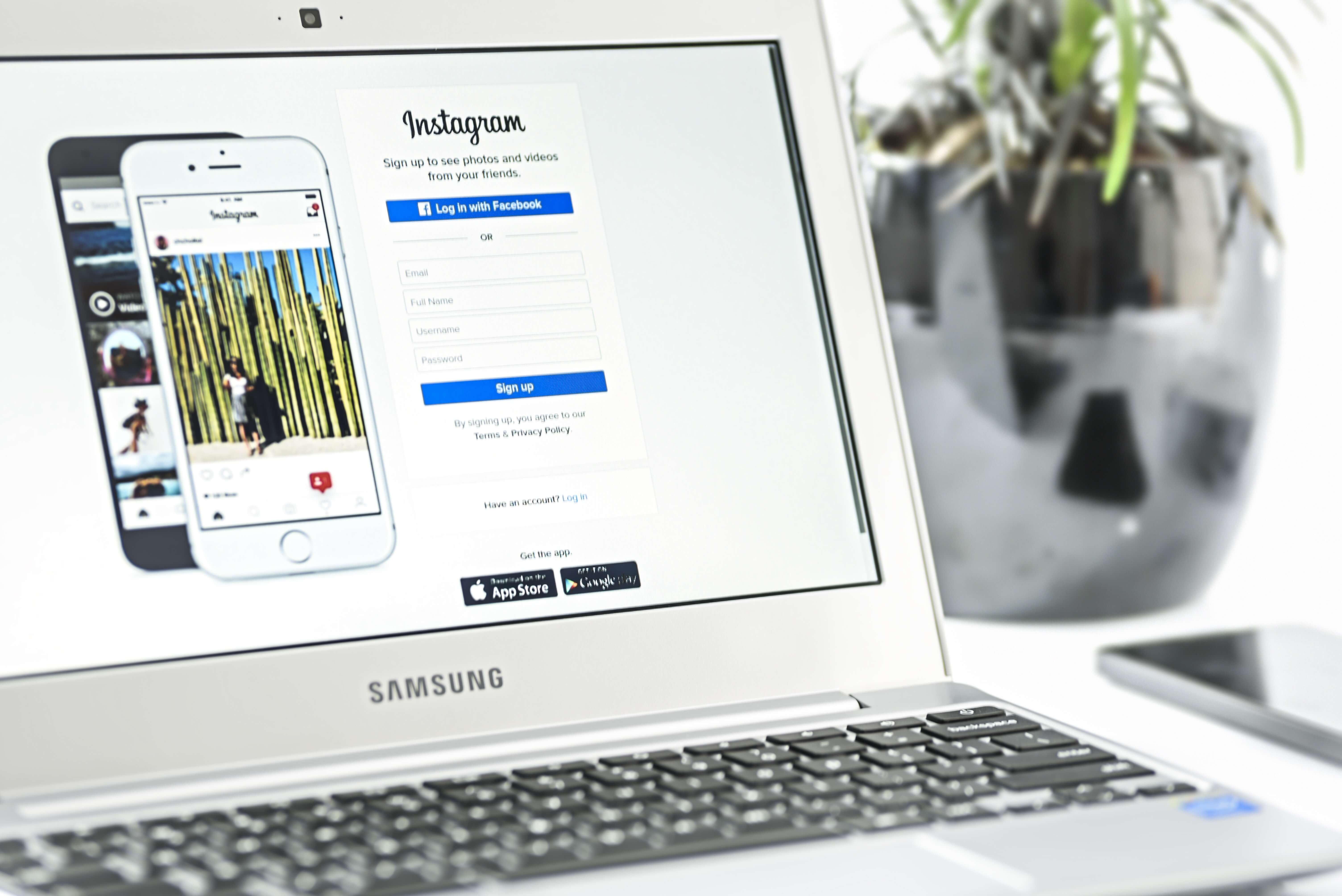
Instagram are even building their own e-commerce team in New York, in early 2017 the company started recruiting a team of around 50 e-commerce experts to focus on designing the e-commerce features for Instagram. A large investment that should convince you to double down on the social platform that gets 58X more engagement than Facebook.
Confirm your audience through the ads you’re already running, from Facebook insights to the robust tracking platform offered by AdShop, then adapt your creative accordingly. Not all products will resonate with Instagram’s primary audience of female millennials who live in cities and make between ,000 and ,999. But, if your products do attract this audience, you’d be remiss to gloss over this platform as a means to sell your product. To make the most out of the platform, the following tactics are key.
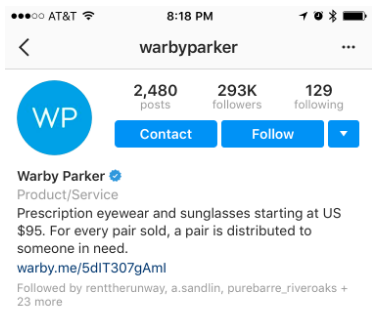
In late 2016, Instagram launched shoppable tags to a limited number of U.S. retailers including Kate Spade, JackThreads and Warby Parker. If your brand isn’t one of the lucky 20 in beta, there are other apps that make shoppable Instagrams possible.
6. Direct message.
[Tweet “The basics to #Instagrammarketing w/Nitzan Gursky from @InfolinksInc”]
With so many different ways to reach your audience, how do you make them go from “like” to buy. In the end, it all comes down to creating content that they can connect to and generating value for the consumer. As social media continues to advance, we’ll no doubt see more ways to make the shopping experience more engaging for consumers. And, organic social media must be used strategically in tandem with paid content. To truly convert a customer, you need to reach them in multiple ways, from the articles they read and sites they surf (see Infolinks’ product offerings) to where they message their friends and engage with content on social media. A layered approach, combined with high quality content and a unique online experience will make clicking the buy button an easy choice!

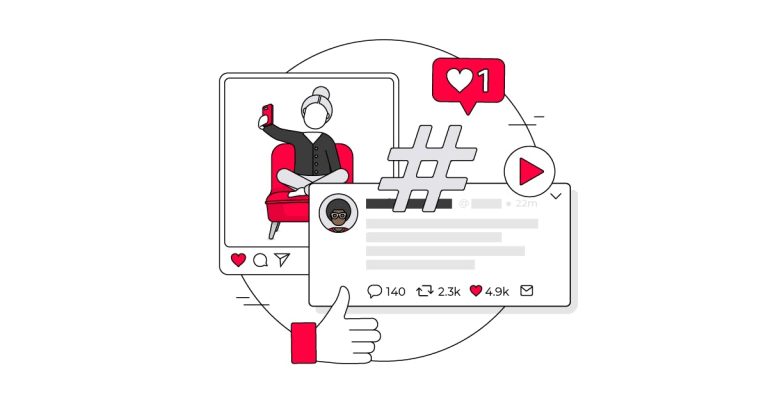
![[News] Convert New Pricing Plans](https://research-institute.org/wp-content/uploads/2022/08/news-convert-new-pricing-plans-768x374.png)
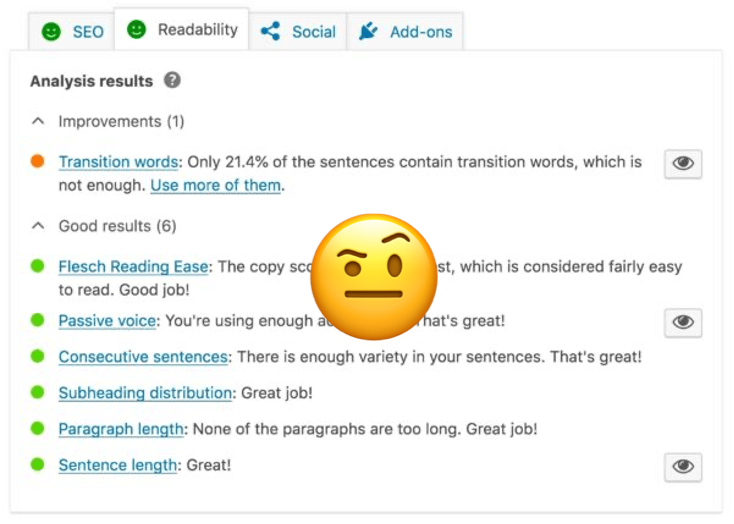

![Getting Ghosted by Retail Buyers? [Here’s How to Get Your Products on the Shelf]](https://research-institute.org/wp-content/uploads/2021/04/what-to-know-before-you-sell-your-small-business-768x432.png)